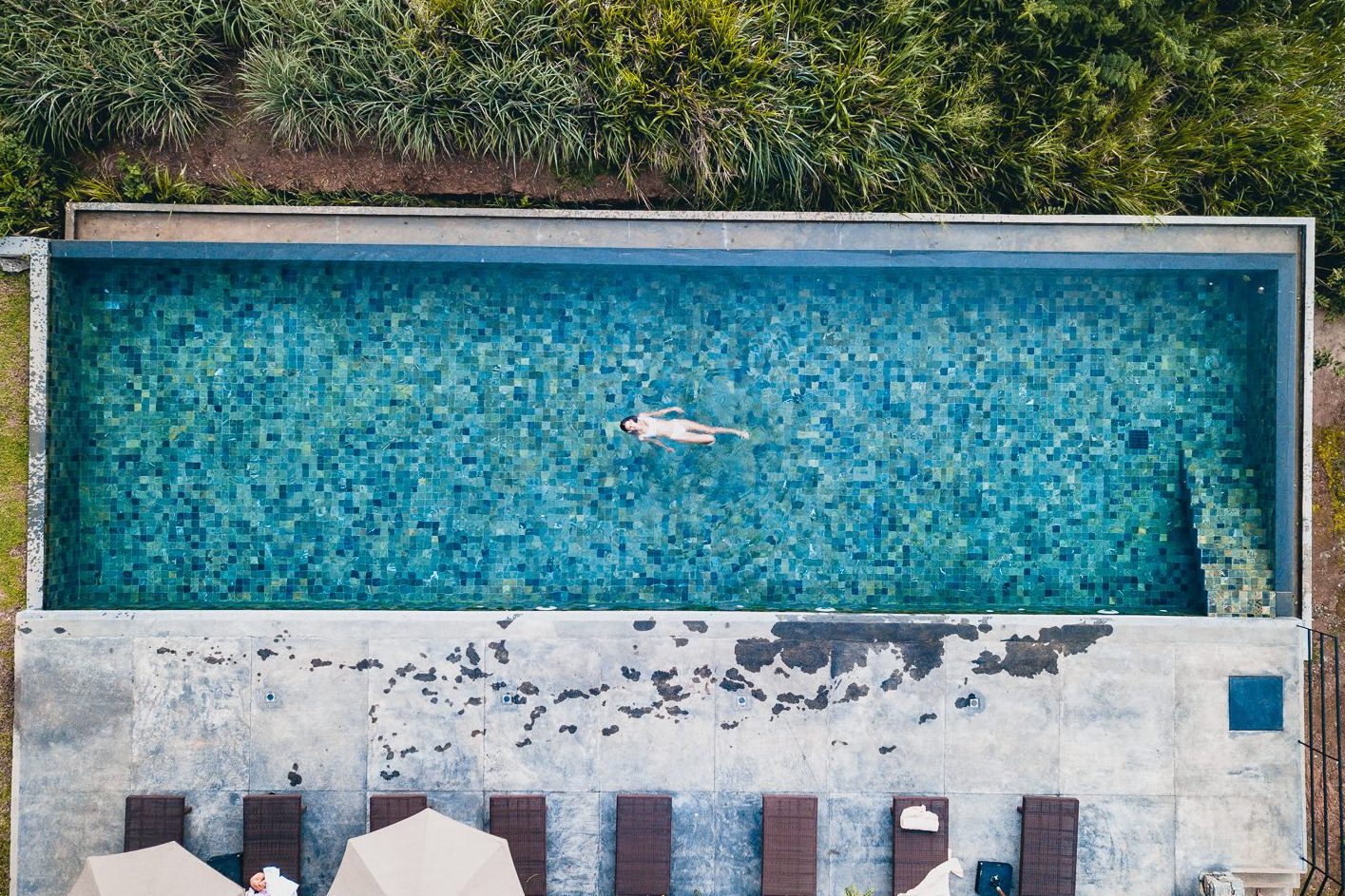Skift Take
Having a robust wellness tourism industry built on science-based approaches will be a positive that can come from a damaging pandemic.
If massages and treatments requiring touching are not permitted as travel reopens for business with strict health protocols in place, how will the multibillion wellness travel industry come out of the coronavirus crisis? Will wellness hospitality experiences continue to be sought after or will travelers prefer to bypass resort stays?
Industry experts are putting firm bets on the former as wellness becomes even more relevant for many people in the post-Covid world.
The coronavirus pandemic, which has affected every aspect of life worldwide and shaken people to their core, has also brought the awareness of personal health and wellbeing to the forefront of human consciousness. The crisis will also alter the path of how future wellness hospitality evolves across the world, say experts.
Get the Latest on Coronavirus and the Travel Industry on Skift’s Liveblog
Health is New Wealth
Personal wellbeing was elevated for many people worldwide when a plethora of virtual fitness classes and training options emerged overnight during the coronavirus crisis. As more countries exit lockdown in recent weeks, many people are also seeking a return to normal life including travel and experiences centered on enhancing regaining access to gyms subjecting to governments’ approval.
Blair Campbell, head of strategy and business development at FIT Summit, believes that the people’s wish to return to lifestyle experiences is greater now than ever as they recognize that they have to live with risks of contracting the virus until a vaccine is found.
“The fear is slowly shifting to being less of an influence than the will to rise up and return to a healthier lifestyle where wellbeing and community engagement are more key than ever,” he added.
Spa, added Campbell, will for the time being be less important in wellness experiences as post-pandemic travelers are expected to place a greater emphasis on fitness, nutrition and mindfulness, an observation that is shared by hoteliers in Asia.
For example, Minor Hotels is seeing a positive uptick in specific requests for Ayurvedic and detox experiences at its resorts in the Maldives and Sri Lanka, according to the chain’s senior vice president of hotel operations, Thomas Meier. While these bookings do not have dates firmed up yet, Meier said they reflect the pent-up demand of guests for wellness services after the crisis.
It’s a similar observation for Santani Resort and Spa Founder and CEO Vickum Nawagamuwage, who revealed that his wellness retreat in Sri Lanka’s Kandy is starting to receive inquiries again, with the majority of requests looking at stays from the fourth quarter onwards.
No More Superficial Treatments
Although many uncertainties surround Covid-19, the global health pandemic has clearly illustrated that a strong and healthy immune system lowers one’s vulnerability to infection from Covid-19 or other viruses for that matter.
Nawagamuwage hence expects attention for preventive and rehabilitating health holidays to grow in the wake of the global health crisis. Post pandemic, more wellness travelers will engage in prior research and look beyond superficial experiences at resorts, he remarked.
“I believe the pandemic will shake up the industry in a good way”, he said. “The pandemic is the biggest silver lining for the wellness industry as people finally understand what it means to be sustainable beyond the usual environment or animal concerns.”
With people becoming interested in the scientific benefits of wellness and evidence-based therapies, Nawagamuwage views the Covid pandemic as a golden opportunity — and critical juncture — to educate the wellness sector as well as the general populace on their understanding of wellness as opposed to well-washing prevalent in the industry prior to the crisis.
“It’s not just having a couple of therapists and calling it wellness. Wellness needs to be leveraged in the right way to be more scientific,” Nawagamuwage remarked, adding that Santani’s health programs are science based and provides measurable results from the sessions so that the outcome can be integrated into their lifestyles.
Ingo Schweder, founder and CEO of Goco Hospitality, managing director of Horwath HTL Health & Wellness, in an interview with Hospitality Insights, also noted that many hospitality brands and destinations, in their growing interest to incorporate wellness more prominently in their offerings pre-Covid, have failed to “provide the physical spaces and employ wellness-centric educated team members who could meaningfully enhance the health and wellbeing of their guests in any significant way”.
He added, “One of the biggest challenges we will face going forward is ensuring that wellness is correctly defined, and that the benefits to both guest and investor is communicated clearly to the industry leaders and financial investors who are ready to develop a significantly new generation of hospitality.”
In that interview, Schweder revealed that Goco Hospitality and Horwath HTL Health & Wellness has received a substantial number of enquiries from ultra-high net worth individuals and sovereign funds seeking advice on how to enter the wellness market for the first time, as well as large developers, hospitality groups and landowners who have made the decision to make wellness a larger, more dynamic focus of their expansions.
From the growing significance that individuals as well as companies are putting on personal wellbeing, Schweder believes that the evolution of the health and wellness industry post Covid will be “as significant as it is dramatic”, with daily wellness practice and the integration of digital wellness offerings already becoming the norm.
“Wellness is not just about feeling good during the sessions,” stressed Nawagamuwage.”It’s about a lifestyle.”
The Daily Newsletter
Our daily coverage of the global travel industry. Written by editors and analysts from across Skift’s brands.
Have a confidential tip for Skift? Get in touch
Tags: coronavirus, health, wellness
Photo credit: Outdoor pool at Santani Wellness Resort & Spa, Sri Lanka Santani Resort and Spa
